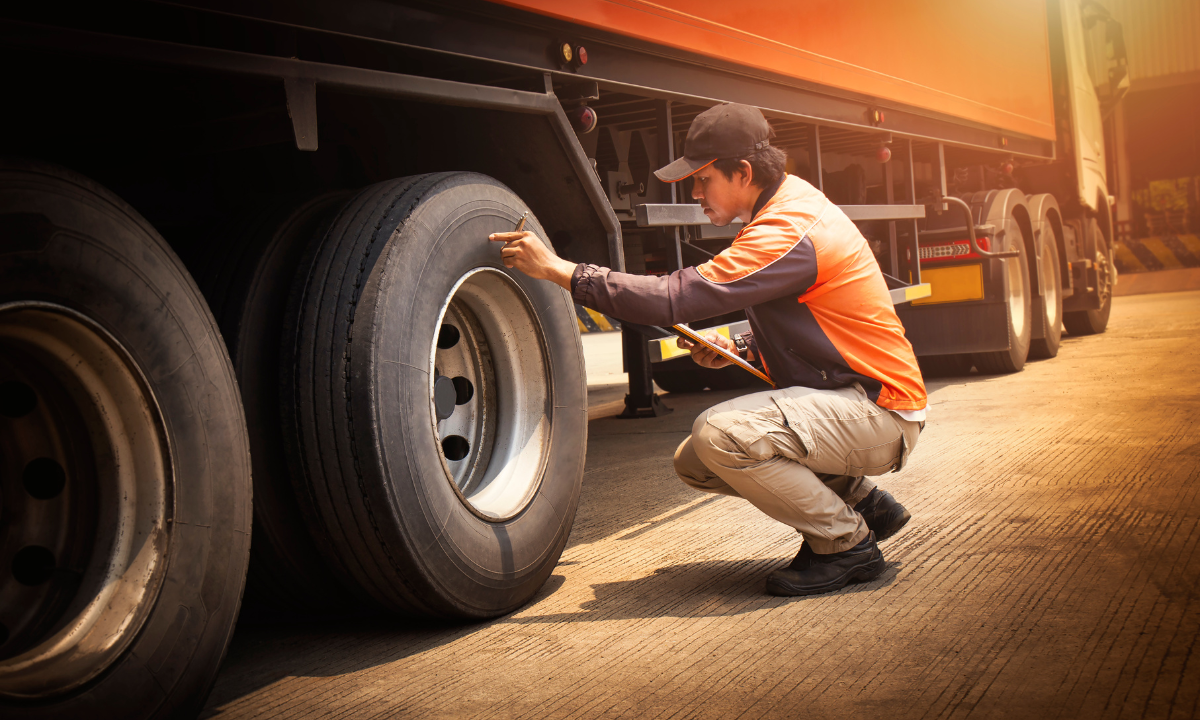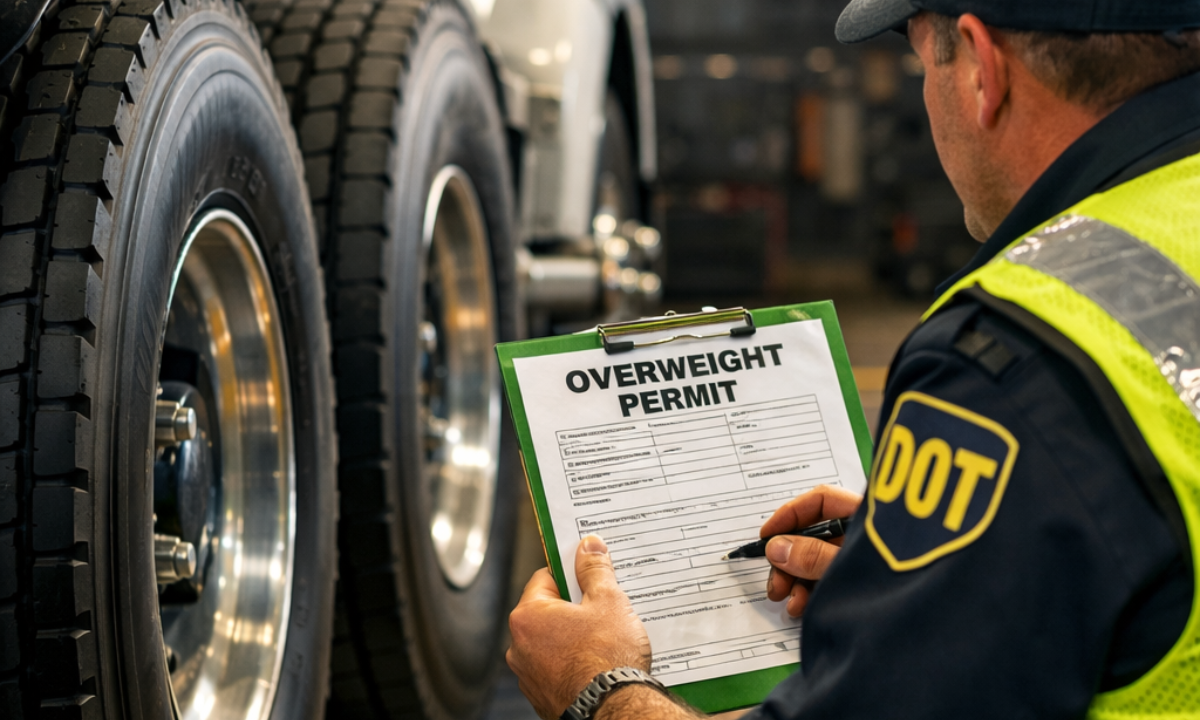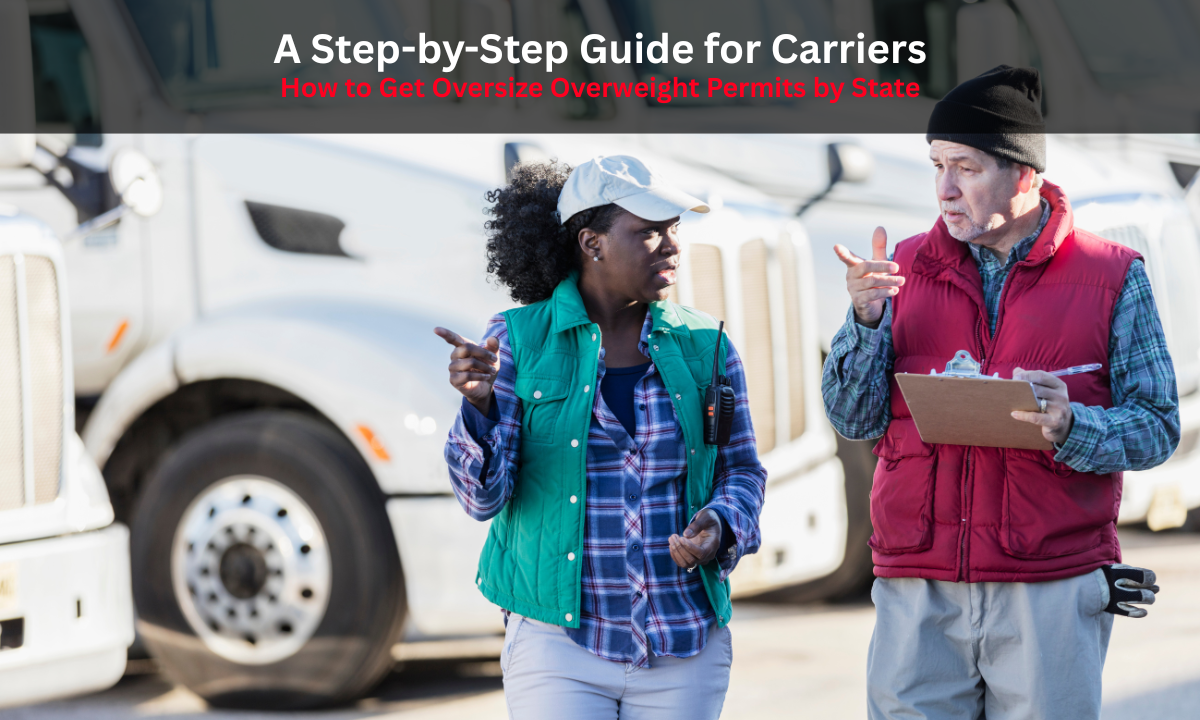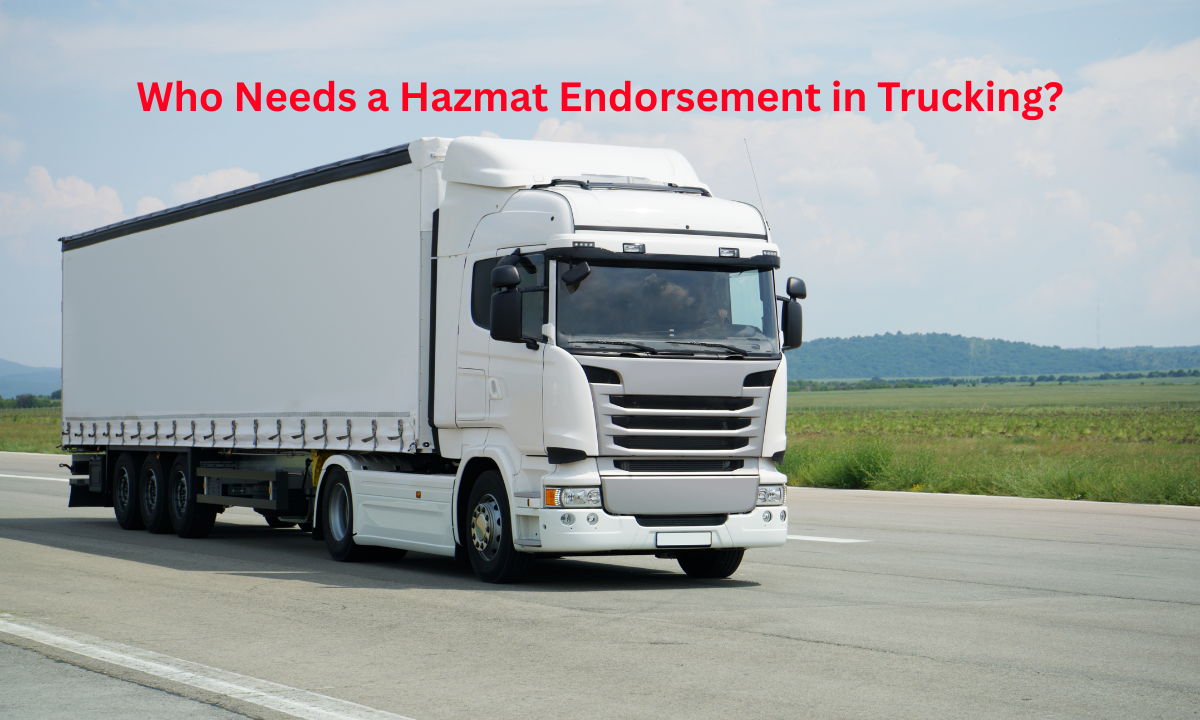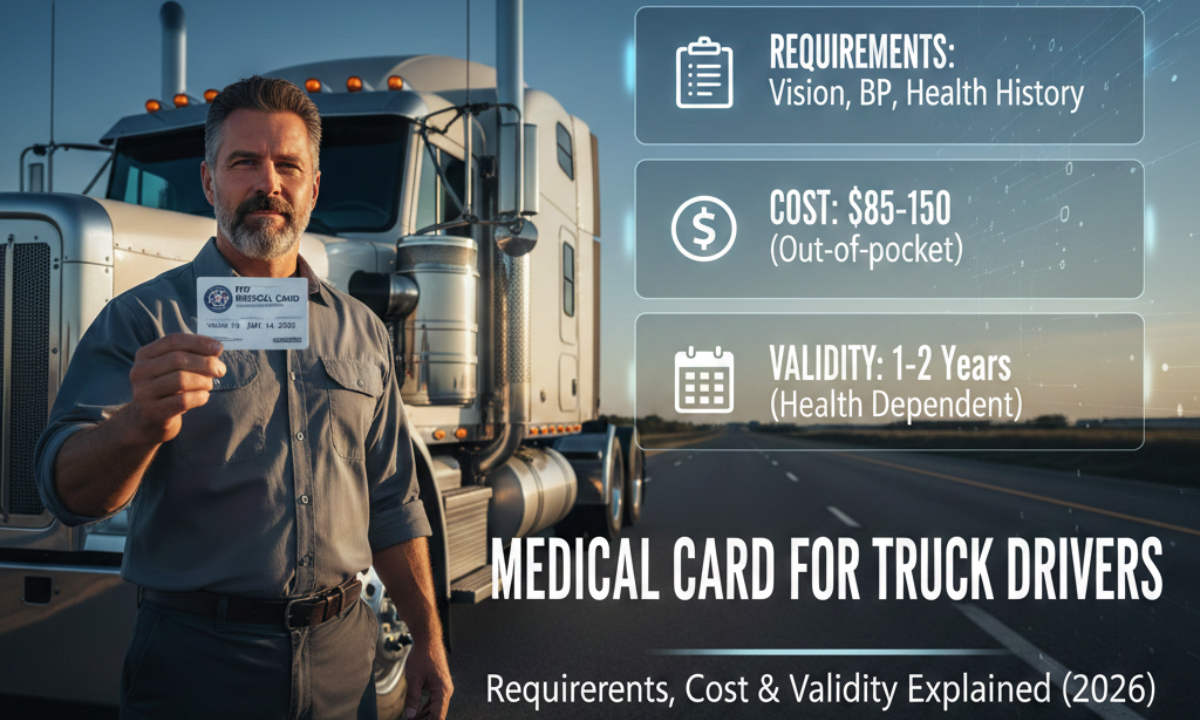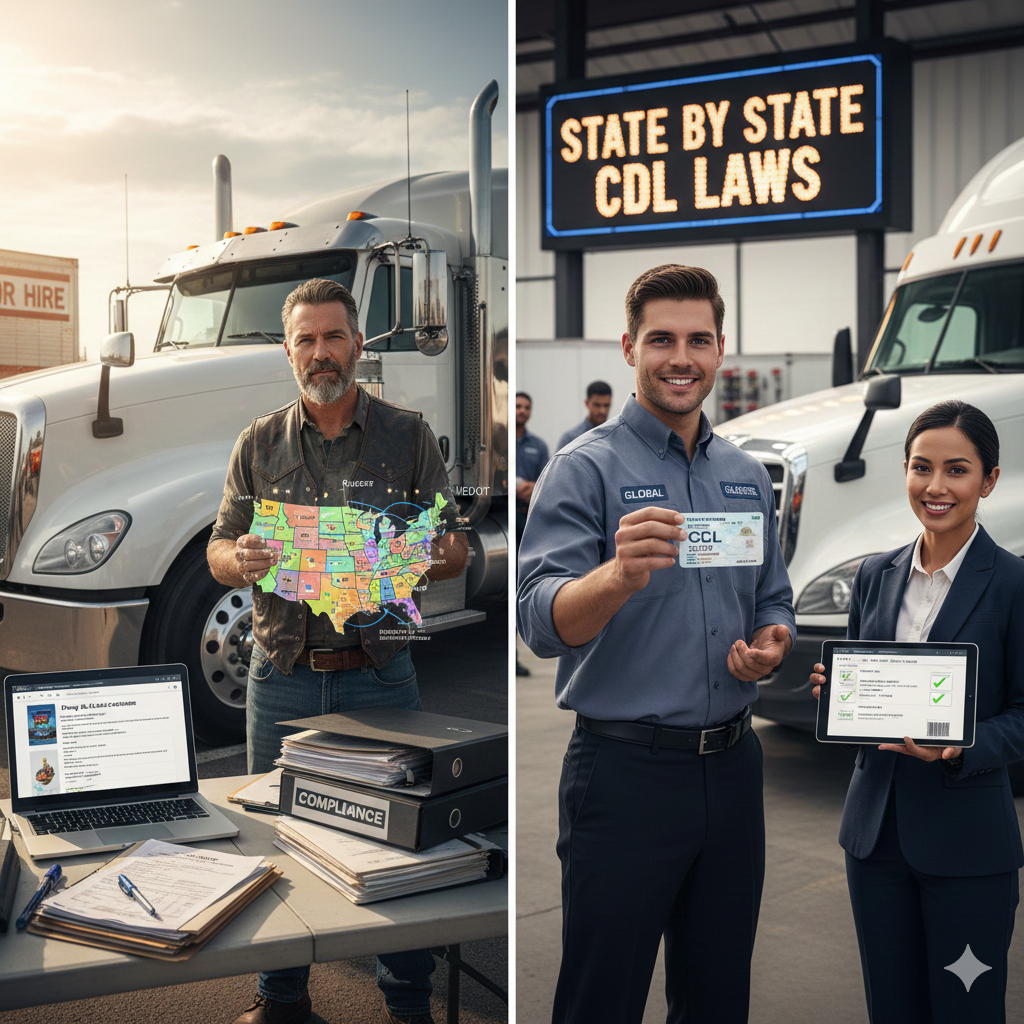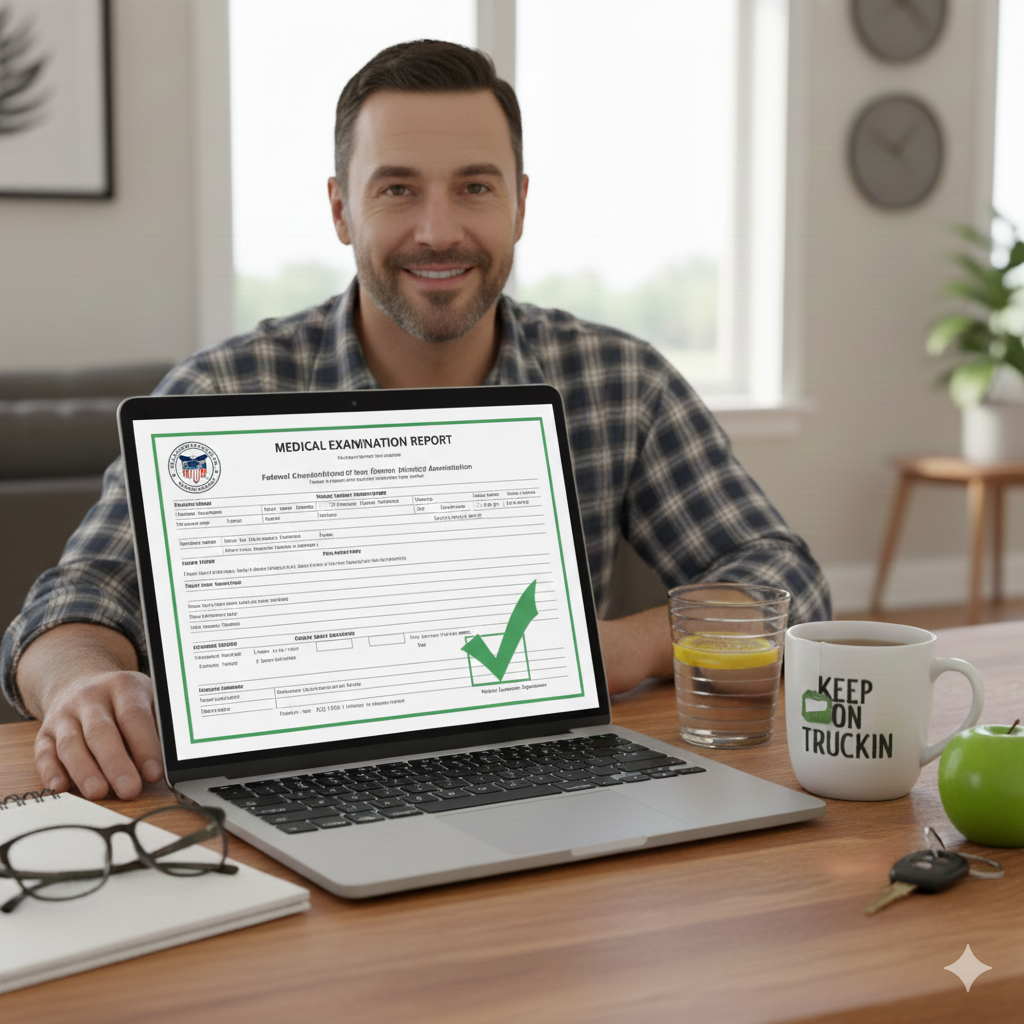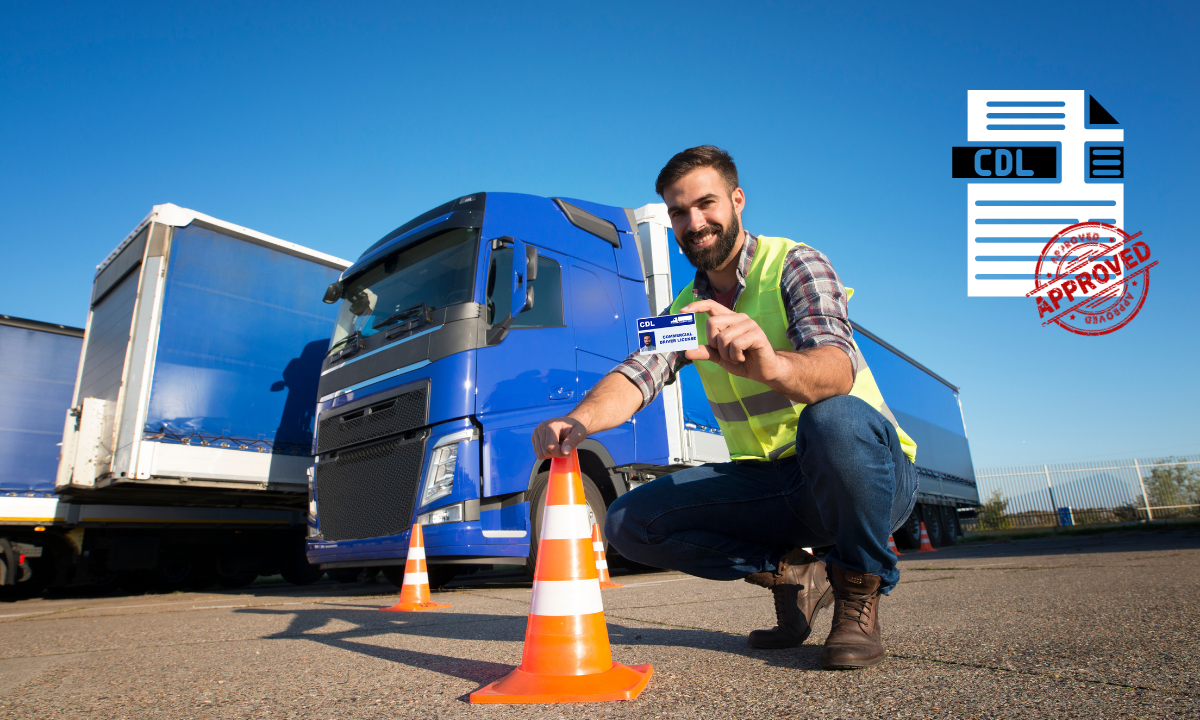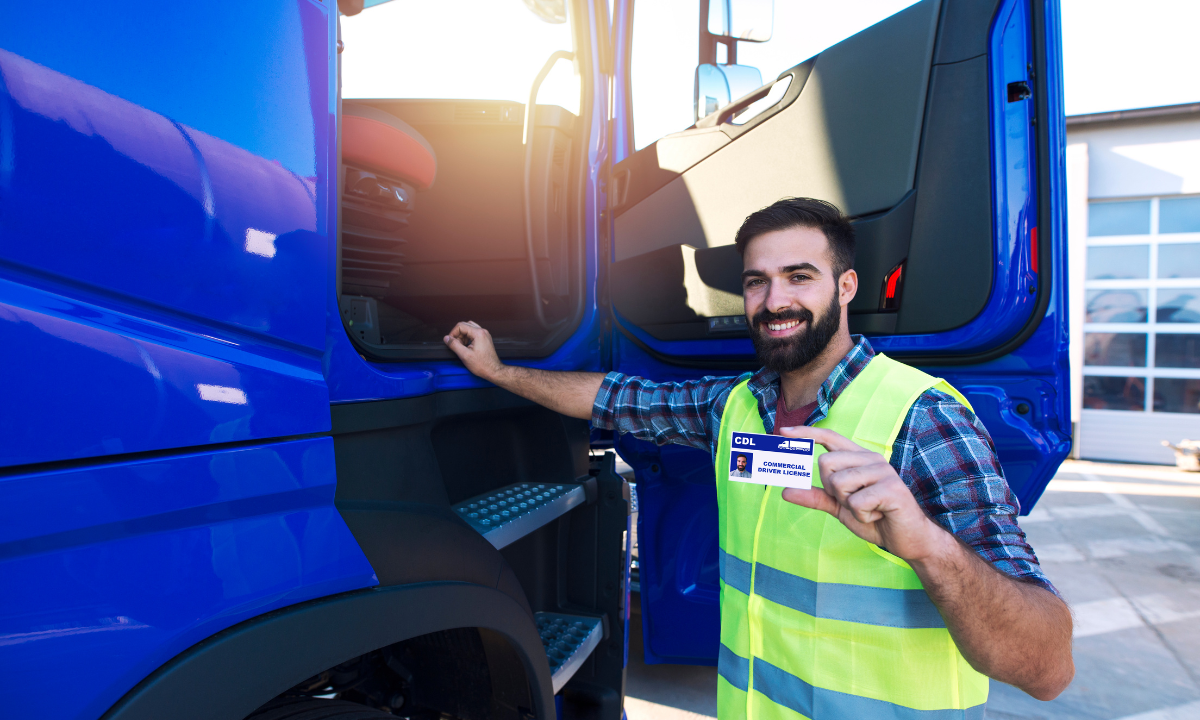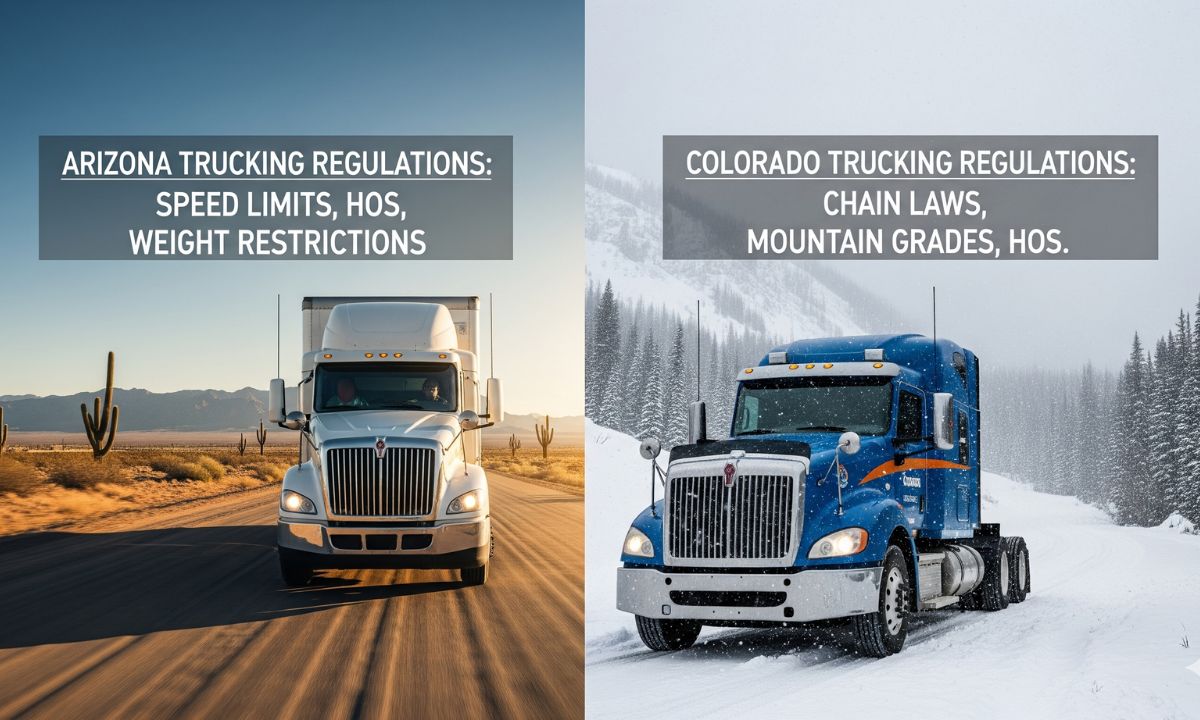What are the rules for driving in different states or with special permits?
Rules on Traveling Across States and Special Permits
Truck drivers work extensively across many regions, and they are knowledgeable enough about interstate trucking rules regarding special permits because this helps their work become compliant as well as safe and efficient. Each state enforces its unique state-specific transportation laws along with adherence to federal trucking regulations defined by the FMCSA (Federal Motor Carrier Safety Administration). A driver must be aware of state-specific laws, oversize load permits, special routing restrictions, and penalties and delays.
State-Specific Driving Regulations
There are special rules for each state that differ from one another:
- Speed Limits: Said limits vary states to state, with a few more rigid on heavy trucks.
- Weight Limits: Federal law limits weight to 80,000 lbs in gross weight, but some permit heavier loads by special permission.
- Toll Roads and Weigh Stations: It may require a stop for weigh stations for all trucks or not, depending on the state, or will include bypass system through a transponder like PrePass.
- Cell Phone and Hands-Free Laws: Different enforcement exists, but almost all states mandate hands-free devices for truckers.
Frequently proactive research about each state’s trucking regulations reduces the chances of violation.
Oversize/Overweight Permits
When hauling loads that exceed the standard legal dimensions or weight, the driver must obtain oversize/overweight permits. These permits will indicate:
- Approved travel routes.
- Escort vehicle requirements for any wide or heavy load.
- Travel restrictions (do not move at night, during rush hours, or on holidays).
- Maximum allowable weight per axle.
The absence of the correct permits could lead to severe fines, delays in cargo, and heightened liability.
Hours of Service Differentiation by State
While HOS regulations remain federally regulated by the FMCSA, variations exist concerning enforcement and exemptions:
- Agricultural Allowances: Some states give leeway with the seasonal movement.
- Oilfield and Logging Allowances: Such drivers might have some specific logging rules.
- State Rest Requirements: Some states have longer imposed rest periods than what the federal law applies.
All these exceptions must be understood to avoid breaking the law while still avoiding logbook errors.
CDL Endorsements and Special Permit
Certain loads or vehicles require Commercial Driver Licenses (CDL) endorsements or special permits.
- HazMat: the driver has to pass the TSA background check and general knowledge test.
- Double/Triple Trailers: Specific endorsement depending on state.
- Tanker Vehicles: Endorsement regarding the bulk liquid transport.
- Special State Permits: Seasonal or local permits primarily needed for certain restricted highways or urban deliveries.
Thus, these endorsements and permits are essential in terms of legal operating authority.
Special Routing Restrictions
Every state and city might have a certain specified truck route to reduce congestion as well improve safety:
- Urban Restrictions: Some metros do not allow large trucks traveling during the hours of peak traffic.
- Bridge and Tunnel Regulations: Device restrictions based on height, weight, and those related to hazardous materials.
- Mountain Route: Legally require chains as states through one submits vehicle.
Using the approved routes does not only prevent fines, but it also promotes more fuel economy and delivery on time.
Enforcement and Penalties
Slam penalties down to state-specific trucking rules or lack of appropriate permits for example:
- Citations and heavy fines.
- Out-of-service orders or impoundment for a vehicle.
- CSA penalties affected safety ratings for the company.
- Higher insurance premiums, eventually losses of contracts.
Long-term success in the trucking game requires continuous compliance in both federal and state laws.
Best Practices for Compliance
Drivers are to:
- – Prepare research specific to the states they will be traveling into.
- – Use ELDs and routing software incorporating local laws.
- – Have a binder or digital record of all permits, endorsements, and exemptions.
- – Stay current with changes in FMCSA rules and state announcements.
- – Advance plan routes, even restricted roads and rest area access in this case.
Final Thoughts
Driving with special permits or crossing states implicates a balance between federal compliance and local law according to alerts. Staying up-to-date with state rules on trucking, oversize load permits, CDL endorsements, and routing restrictions ensures smooth operations devoid of penalties as well as gives credibility to a more reliable trucking industry.
Disclaimer: The information provided in this blog post is for general informational purposes only. While we strive to keep the content accurate and up to date, we do not guarantee its completeness, reliability, or accuracy. Any actions you take based on this information are strictly at your own risk. We are not responsible for any losses, damages, or inconveniences that may arise from the use of this blog.


